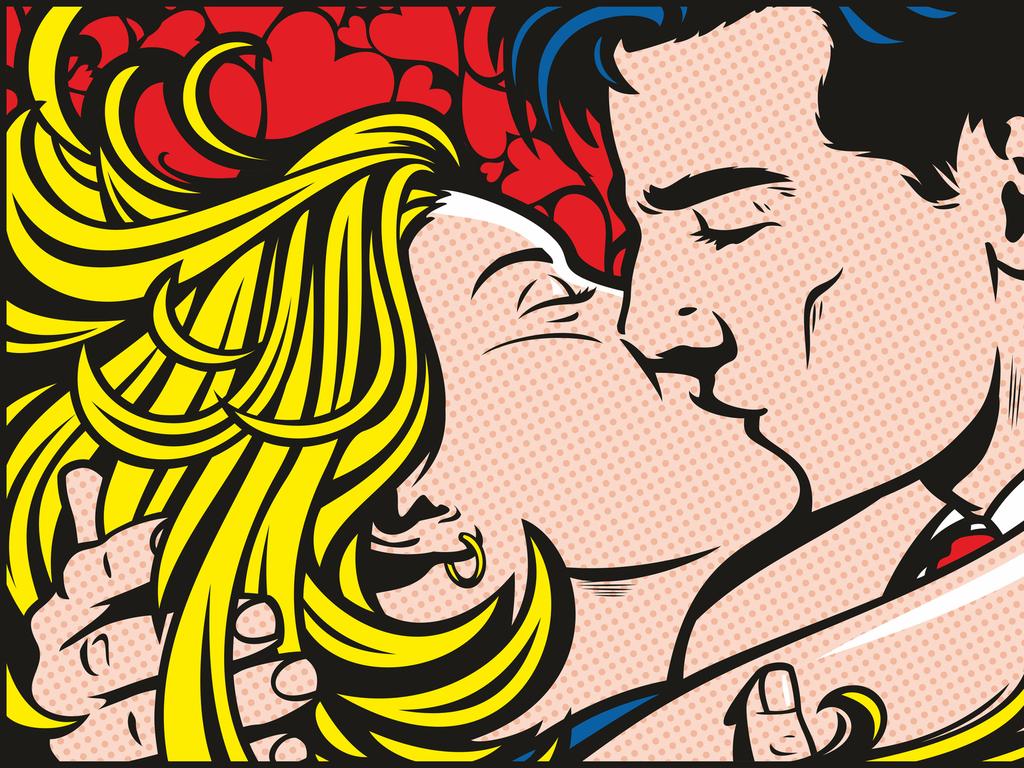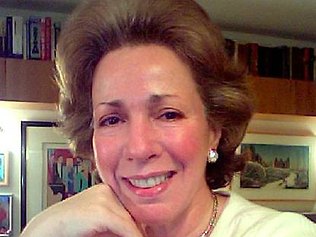Dating expert Logan Ury wants you to follow your head, not just your heart
Behavioural scientist Logan Ury has found fame re-training over-55s in the art of dating. By correcting a series of simple mistakes she says love can be found right around the corner – at any age.
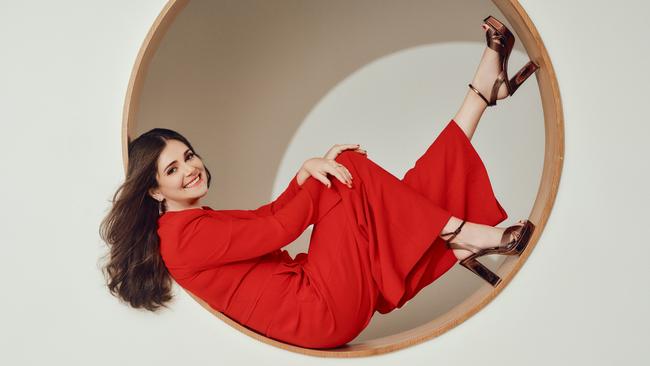
“The relationship of your dreams starts here. Sick of dating and ready to find your person? What are your dating blindspots? Take the quiz! It’s time to date smarter. As seen on Netflix!”
This is loganury.com, the cheery website of US behavioural scientist and dating guru Logan Ury. Visitors are greeted by her broad smile, brunette curls and a warm autumnal palette broken only by the ruby red script bouncing across the page (the colour of love?). It’s an inviting place. Warm. Safe. There are a few small photos of gorgeous young couples embracing or holding hands. In the top of my browser is the website’s avatar, a single plump red heart.
Testimonials scroll right to left: “My coach helped me end my dead-end relationship, reassess what’s important to me, and learn how to find that in someone. I’m now in the most incredible relationship and I’m planning to propose soon!” writes Grant, who has benefited from Ury’s one-on-one coaching program, usually $4000 but now slashed to $2800 as part of a “Netflix special”, for a limited time only.
“I was able to figure out what was holding me back, and break that pattern,” writes Justin, 30, a client of the Propel Bootcamp two-week group workshop, priced $980.
“It helped me identify that I’ve been dating wrong my whole life!” writes Stephanie, 36.
There are plenty of satisfied customers here, attesting to the straight-talking, data-driven and pragmatic dating advice from this Harvard psychology graduate, born and raised in the beachy middle-class enclave of Boca Raton, Florida, by parents who would later divorce – which proved formative for Ury. In recent years, Ury’s star has risen. Her appearance on Steven Bartlett’s podcast The Diary of a CEO, in an episode titled Why Women Are Addicted to Toxic Men: Have a Boring Relationship Instead!, has been watched more than three million times on YouTube. In 2021, Ury – the former co-head of Google’s behavioural economics lab – wrote a book titled How to Not Die Alone, which catapulted her to the top of the bestseller lists. Today she’s the director of relationship science at Hinge, a dating app, and is recognisable to viewers of Netflix’s over-55s dating program The Later Daters, as the show’s resident dating coach.
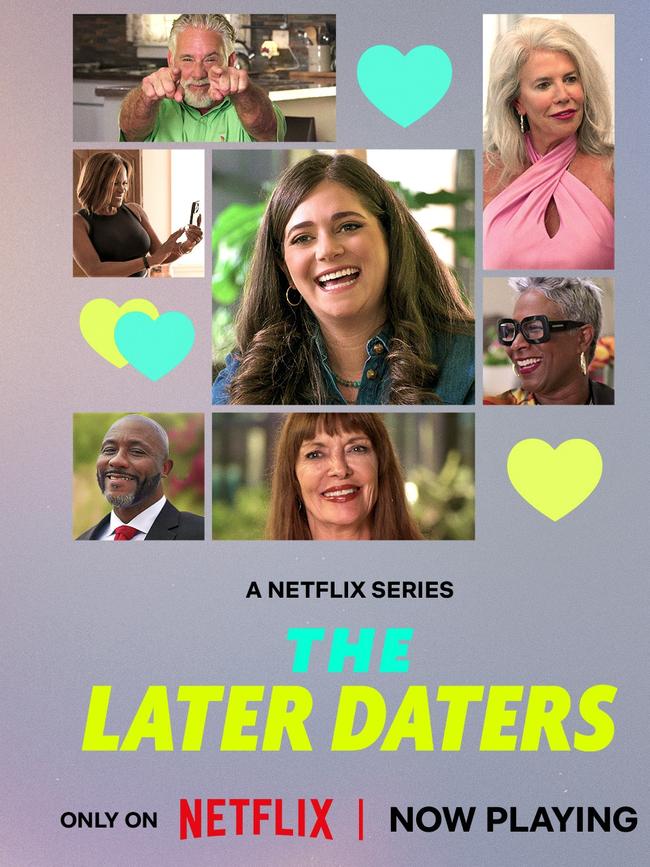
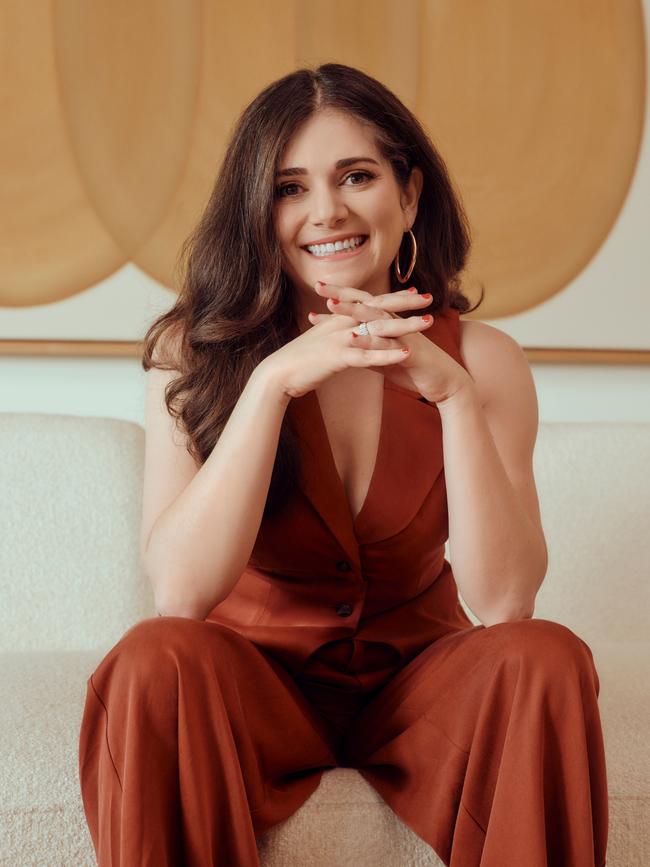
While matchmaking is as old as the hills, and books like The Rules: Time-Tested Secrets for Capturing the Heart of Mr Right superseded the advice implicit in romance novels, the advent of dating apps in the early 2000s changed everything. By the 2010s, the predominant way people found one another was via Tinder, Bumble, Hitch, eHarmony or OKCupid, and the dating sector became very big business. Into the frame have stepped figures such as Esther Perel, the Belgian-American psychotherapist who promotes “erotic intelligence”, and American Jillian Turecki, who has built an online audience of millions by doling out both relationship and breakup advice. In 2024, IBISWorld estimated the dating services industry in Australia turned over close to $280 million in revenue. Internationally, according to Statista, the industry is projected to hit $8.29 billion in revenue in 2025.
But with all this potential to go on more dates, and meet more potential suitors, comes the ability to repeat our mistakes – usually beginning with our profile pages.
So what does Ury suggest as a dating expert? Her signature tip turns out to be not trying to recreate a sparks-flying, hearts-bursting, Disney-level love affair, but rather on establishing a solid foundation with somebody who has basic shared principles. She advocates for what she calls “slow-burn” relationships, the kind that grow on you little by little.
Isn’t that all a bit un-romantic, I ask her. Not at all, she says. “When it comes to love and who we decide to marry and build a family with – one of the most important decisions of our lives – we often feel like it should come down to magic and chemistry,” says Ury from her home in California. “For something as important as who we choose as a partner, why wouldn’t we take advantage of all the research and insights we have from (behavioural) science?”
Behavioural science examines human behaviour to understand how individuals come to make certain decisions. “It doesn’t make it any less romantic. What’s romantic is that you met somebody, not how you met somebody.
“So many people write to me about the fact that because of my book or my class, they went on a date with this slow-burn person and now they’re happily married to this incredible partner who other people might have overlooked,” she says, dropping her professional persona for a second to squeal like some kind of excitable fairy godmother. “Some of the best people out there are slow-burn people, who you need to get to know a bit before you fall for them.”
Ury knows this from personal experience. Five years ago she married her own slow-burn person, Scott, after meeting at Harvard and reconnecting when they were both working at Google. She’d seen him on Tinder in the past and swiped left, demonstrating her disinterest. But after Scott began tutoring Ury in a statistical programming language, a dating coach helped her to see the great potential partner right in front of her.
“I thought about the kind of person I wanted to be with and how I wanted that person to make me feel – and I realised this other guy that I was pursuing didn’t have any of those qualities, but this guy at work who was tutoring me really did. I hinted to him that he should ask me out, and we went on our first date pretty quickly. We’ve been together for almost ten years now.”
She drives her point home with another anecdote. A few months ago, Ury was out with some friends when a stranger approached her. The woman recognised Ury and begged to know why she hadn’t found her husband yet. Ury told the woman to open up her Hinge inbox. “There were all these conversations in there that she hadn’t responded to. I said, ‘Maybe your husband is in there, but you’re so focused on getting new matches that you’re not talking to the people right in front of you’.”
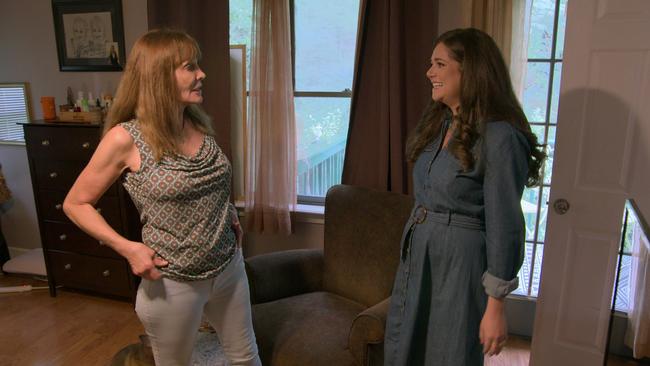
When Ury developed an academic interest inthe decision-making behind her own modern romance, it became the trigger for what would go on to become her coaching empire. Her advice prompts daters to question their assumptions – “When you tell me you’re only open to dating men who are six feet or taller, I’m like: are you really going to rule out 86 per cent of potential partners just because they’re under six feet tall?” – as well as to not confuse “icks” (ie feelings of disgust over trivial complaints) with dealbreakers. “You’re having an amazing date and it’s time to pay for the bill and he pulls out a velcro wallet – ick, you’re not sleeping with them, it’s not sexy, but it doesn’t mean you can’t be with that person. I can buy you a new f..king wallet.”
She urges her students to “skip the small talk” and share meaningful stories with a potential match. “Share something that makes you feel vulnerable,” Ury is seen telling clients in The Later Daters, aneight-part series produced by former First Lady Michelle Obama. Other bits of advice include sending comments and voice notes to a paramour, not “likes”, and running towards the positive behaviours you’re looking for in a partner – what she calls “green flags”, subverting the “red flags” trend pervasive across social media memes.
Obama hand-picked Ury for the TV role, in which she departs from her usual audience of Gen Zs to advise widowed marketing executives and divorced paratroopers. Which begs the question, what exactly could a millennial in her thirties (she won’t say exactly where in her thirties) have to teach the over-55s about dating? It’s a skill, and like any skill it can be honed, she insists – whether you’re a Gen Z navigating the world of ghosting and “f..kboys” (ie young men only interested in sex) or a Boomer navigating the world of widows and divorcees. “It was really interesting to see how people in their fifties and above struggle with the same things younger daters struggle with: not knowing what they want, repeating the same habits, ignoring red flags,” Ury says.
“I think my work resonates because it feels practical and actionable: it’s not as simple as saying you just need to follow a formula, but people like feeling there are frameworks for understanding their behaviour and blindspots, and having tools to change the way they date.”
Shows like The Later Daters prove that there’s a universal appetite for love, and that (as her catchphrase goes) “we’re born knowing how to love, not how to date”. Buzzy catchphrases are routine for Ury. She’s fond of slogans about dating like a scientist (“come up with a hypothesis, then test it”) and her Instagram is packed with checklists for understanding one’s behaviour patterns and becoming a better dater. “10 questions to ask instead of ‘What do you do?”, “4 tips for being more interesting” and even templates for sending rejection texts are among her actionable advice.
The checklist that Ury is known best for is her “Post-Date Eight”, which sets out eight questions to ask oneself after every date, such as “What side of me did they bring out?” and “Did I feel heard?” rather than “Do they check all the boxes?”. “It shifts you to pay attention to your experience of the date, not whether the person is good enough for you,” she explains.
Ury’s matter-of-fact dating advice is quoted endlessly in a group chat with my female (fellow Millennial) friends, where dating conundrums are answered by short clips of Ury dishing out words of wisdom, whether it be spotting a “green flag” or a “f..kboy”.
Like many of the people on The Later Daters, divorce played a key role in Ury’s journey to where she is today. Her parents divorced when she was 16, and it was devastating. “My parents had been married my whole life and I assumed they’d always stay married,” she says of her childhood in Florida. “I think that had a really big impact on me because I didn’t take the happily-ever-after for granted. That was the beginning of my interest in how people choose each other, what makes a marriage work and what makes a marriage fail.”
It took a force of nature, literally, to give Ury the impetus to leave her life in Silicon Valley and pursue a career as a full-time dating coach. She was working for Airbnb when a eucalyptus tree fell on her while she was walking in San Francisco. “It was pretty traumatic,” she says. “I was injured, fortunately not terribly so. But people die every year from this happening and it gave me the encouragement I needed to take a leap of faith and quit my job in tech and try to create a career out of this passion of mine.”
Today, Ury might coach others in finding love but she’s still learning what it means to maintain it. The secret, she believes, lies in the little things: the small daily moments in which you and your partner connect – moments the psychologists and relationship counsellors John and Julie Gottman call “bids”. According to the Gottmans, it’s about asking your partner for “attention, affirmation, affection, or any other positive connection.”
“It could be when you’re brushing your teeth in the morning and your partner says ‘I’m going to have a really busy day’,” Ury explains. “Do you turn towards your partner and say, ‘Tell me about your day, what are you feeling nervous about?’ Do you turn away from them and ignore them? Or do you turn against them and say, ‘I have a busy day too’?”
Ury encourages anyone who’s looking for love to go out on dates. We might not all find an old college friend turns out to be the love of our life, but we can be more open-minded and run toward “green flags”. Give a person who makes us feel calm or attractive a chance – even if they don’t give us butterflies at first. Who knows, it may be the start of something beautiful.

